If you pay attention, you will notice that different counselors and therapists have different letters that come after their name. MSW, MA, MS, LMHC, LMFT, LPC, CDAC, PsyD, etc. No we don’t list these initials just because we can. They actually do mean something important, something that makes a difference for you the client.
It’s important to us that our clients are educated about the field and sophisticated in choosing the right therapist for them. Understanding professional backgrounds can be useful in meeting this goal.

March is Social Work Awareness month, during which our profession gets together to promote the visibility of social workers and celebrate the work that we do. In our professional roles, social workers are a diverse bunch. Many are in private practice, many work in public agencies of various kinds, and many are administrators of non-profits or policy makers in different governmental bodies.
Social workers are a unique part of the mental health professions because we do not trace our professional roots back to Freud. The field of social work comes from two distinct places in the past. One professional ancestor is the Christian women’s movement of the early 20th Century. These women organized and visited the homes of those living in poverty to try and help them improve their lives. Another historical root of social work is the settlement house movement, which also sought to address poverty. The most famous member of the settlement house movement is Jane Addams, who founded the Hull House in Chicago. Settlement house residents sought to improve the lives of the poor by moving into the neighborhoods and working among the people. Social work has always been a deeply communal, hands-on approach to change.
Because of our community-based roots, social workers who function as mental health therapists or counselors look at individual clients through the context surrounding that person. We evaulate and interpret our clients’ challenges from a holistic perspective, accounting for biological, psychological and social factors that impact our clients’ lives. For example, paying attention to how prejudice limits the fullness of self-expression which could increase depression symptoms.
What Does This Mean for Me?

As a potential client seeking a therapist, there are some basic things to know. Anyone with LCSW after their name has a master’s degree in social work, and they have completed 2,000 hours of clinical work under the supervision of another LCSW. They also completed a rigorous exam to demonstrate their mastery of clinical knowledge. LCSWs are the fastest growing type of master’s level therapists in the field, becoming increasingly more common in private practices. Like other master’s level professionals in our field, we are able to conduct assessments and engage clients in talk therapy, whether that’s with individual clients, families, or couples.
The majority of social workers, especially the ones in our practice, have been trained to see the strengths our clients possess first. Many social workers dislike the medical model, as exemplified by the DSM. We prefer to engage our clients where they are, evaluate the strengths and challenges, and help our clients get where they want to go. Our code of ethics emphasizes the “dignity and worth of the person” and the “central importance of human relationships.” The most important factor in choosing a therapist is the quality of the relationship you have with that person.
Our team of social workers are here to help – schedule an appointment today!
Originally published April 1, 2015. Updated March 12, 2021
